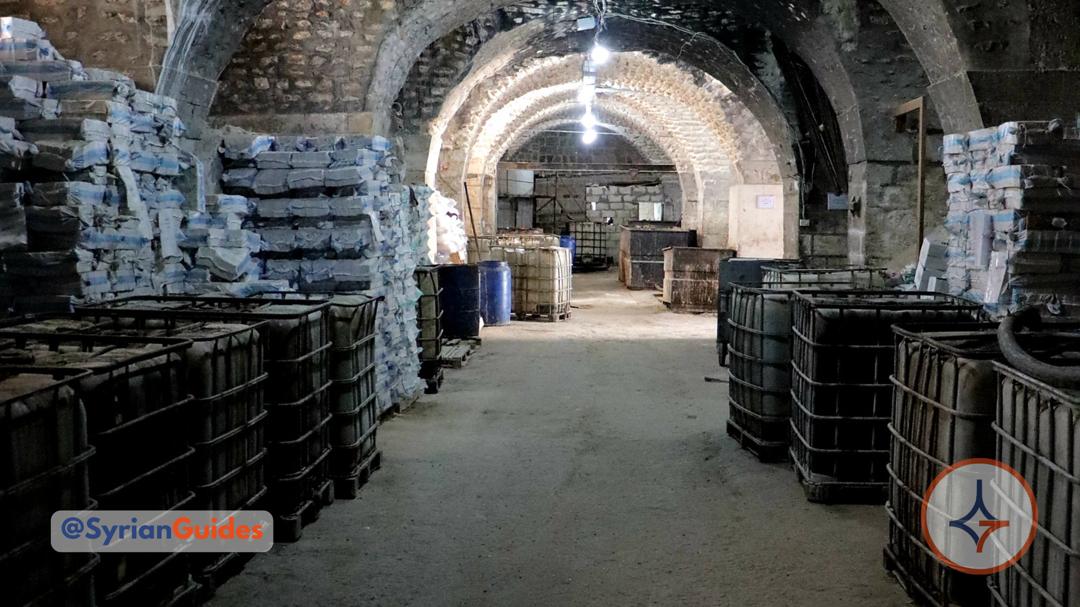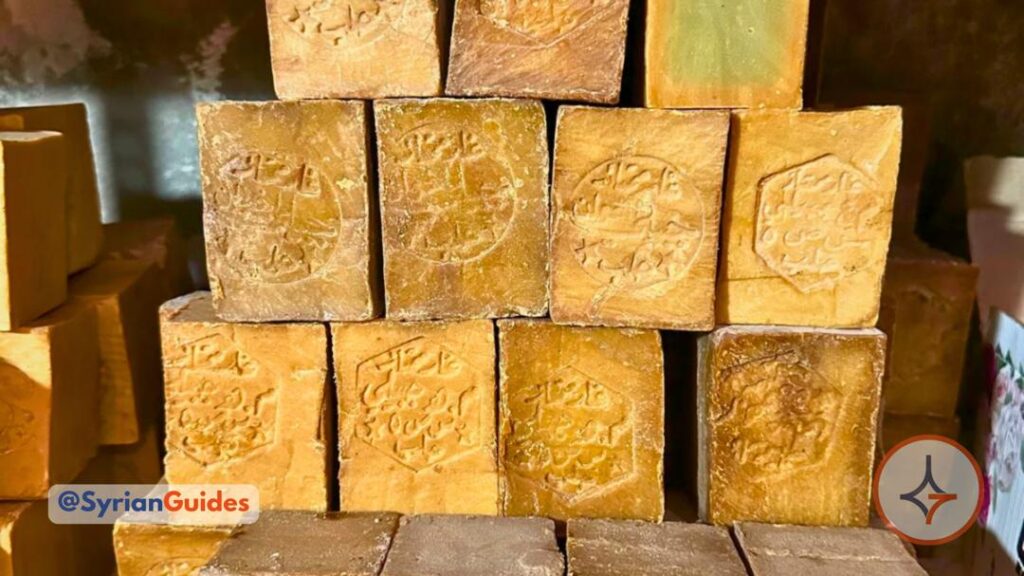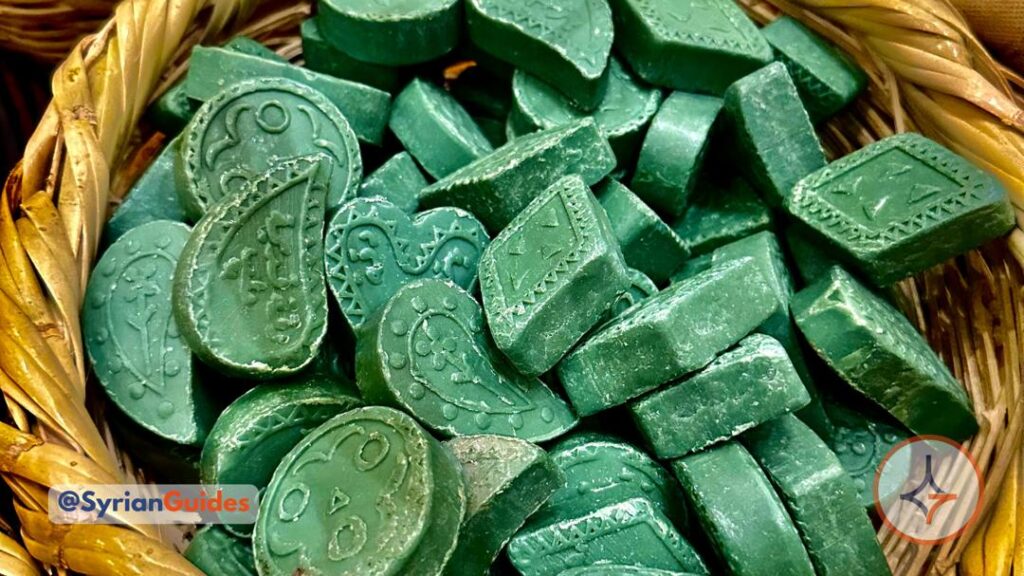Long before the rise of modern skincare, before the introduction of chemicals and synthetic ingredients, there was a soap born of nature itself. This soap, now known as Aleppo soap, is considered the oldest soap in the world, with a history that stretches back over 2,000 years. Made in the ancient city of Aleppo, Syria, it is often referred to as “green gold,” a title befitting its timeless value and unmatched purity.

The origins of Aleppo soap trace back to the days of the Roman Empire, where it was first crafted using techniques passed down through generations. What sets this soap apart is its simplicity—made from just three ingredients: pure olive oil, laurel oil, and lye. These natural ingredients combine to create a soap with deep moisturizing and cleansing properties, making it as relevant today as it was in ancient times.
Aleppo, a city rich in history and culture, is the birthplace of this extraordinary soap. For centuries, artisans in Aleppo have continued to produce it using the same traditional methods that have been perfected over generations. The production process itself is a time-honored ritual. It takes place during the cooler months, from November to March, when the olive harvest provides the freshest oil. Olive oil is mixed with water and lye, then heated to high temperatures. The critical moment comes when laurel oil—known for its antibacterial and healing properties—is added to the mix, giving Aleppo soap its signature fragrance and power.

The soap is then left to cool and harden, with the next stage of production involving a process that is almost ceremonial. Workers pour the soap onto factory floors, where it is spread out, cut into blocks, and left to age for several months. During this time, it matures, with its rich green hue gradually transforming into a golden color—a process that signifies its journey toward perfection.
Aleppo soap’s status as the world’s oldest soap isn’t just about its age. Its lasting appeal comes from its effectiveness and natural composition. Unlike many commercial soaps that are filled with synthetic ingredients, preservatives, and fragrances, Aleppo soap is pure and organic, making it gentle on the skin and suitable for various uses. It’s not just for washing—Aleppo soap has been used for shampooing, shaving, and even as a treatment for conditions like acne, eczema, and insect bites.

Syria’s green gold is more than just a product; it’s a symbol of resilience. Despite the challenges Syria has faced over the years, including the ongoing conflict, Aleppo soap has remained a cherished part of the country’s cultural and economic heritage. Today, it continues to be produced in small batches by artisans who carry on the traditions of their ancestors, passing down the craft to future generations.
In recent years, the soap has garnered international recognition, with people around the world seeking it out for its purity and effectiveness. However, this growing demand has led to concerns about imitation products that may not adhere to the strict traditional methods that have made Aleppo soap legendary. True Aleppo soap, made with at least 50% olive oil and a significant amount of laurel oil, is rare and precious.

Aleppo soap stands as a testament to the enduring power of nature and tradition. In a world dominated by mass-produced, chemical-laden skincare products, Aleppo soap remains a rare example of a product that has stood the test of time—proof that the best things in life are often the simplest and most natural. Whether you’re using it to cleanse, soothe, or heal, Aleppo soap, with its rich history and green-gold origins, offers a connection to an ancient tradition that continues to live on.
